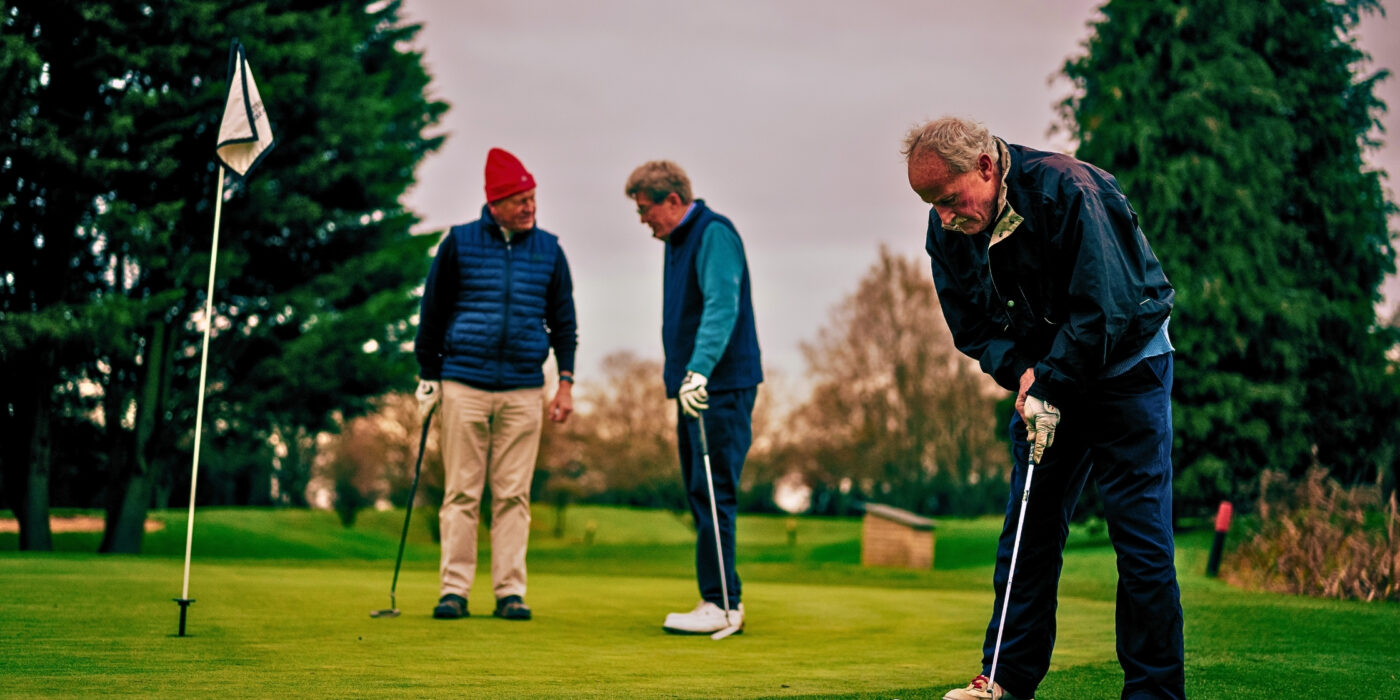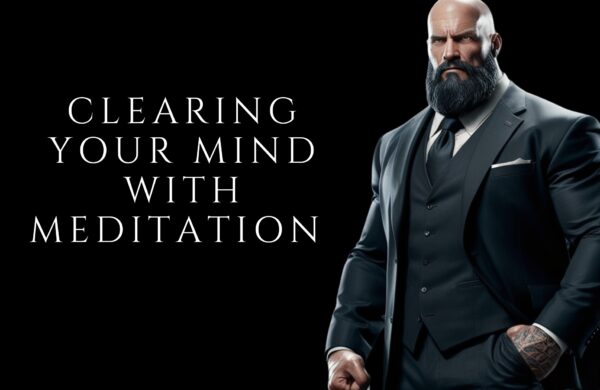Introduction: Why Relaxation is Essential for Men
In today’s fast-paced world, men often find themselves juggling multiple responsibilities, from demanding careers to family obligations. The pressure to perform and meet societal expectations can take a toll on both mental and physical health. However, relaxation is not a luxury—it’s a necessity. Incorporating effective relaxation techniques into your daily routine can help reduce stress, improve focus, and enhance overall well-being. This guide explores proven relaxation techniques specifically tailored for men, helping you regain balance and prioritize self-care.
Understanding Common Stressors Men Face
Workplace Pressure
Men often feel the weight of career-related expectations. Deadlines, long hours, and the pursuit of success can lead to chronic stress and burnout. The drive to provide and excel professionally can leave little room for self-care.
Family Responsibilities
Balancing family roles—whether as a partner, father, or caregiver—adds another layer of responsibility. From financial support to emotional availability, these duties can be both fulfilling and overwhelming.
Societal Expectations
Society often expects men to embody strength and resilience, discouraging vulnerability. This “tough it out” mentality can prevent men from addressing stress and seeking help when needed.
Health Challenges
Ignoring health issues due to stigma or time constraints is another common stressor. Stress exacerbates conditions like hypertension, insomnia, and mental health disorders, creating a vicious cycle.
Practical Relaxation Techniques for Men
Deep Breathing Exercises
Controlled breathing can instantly reduce stress levels by calming the nervous system.
How to Practice Deep Breathing:
- Sit comfortably and close your eyes.
- Inhale deeply through your nose for a count of four.
- Hold your breath for a count of seven.
- Exhale slowly through your mouth for a count of eight.
- Repeat this cycle 4-5 times.
Progressive Muscle Relaxation (PMR)
PMR involves tensing and relaxing muscle groups to release physical tension.
Steps to Practice PMR:
- Find a quiet space and lie down.
- Start with your toes: tense the muscles for 5 seconds, then release.
- Move upward, targeting calves, thighs, abdomen, chest, arms, and face.
- Focus on the sensation of relaxation after each release.
Meditation and Mindfulness
Meditation helps train the mind to focus and remain present, reducing stress and improving mental clarity.
Getting Started with Meditation:
- Choose a quiet environment.
- Sit comfortably and close your eyes.
- Focus on your breath or a simple mantra.
- Start with 5 minutes daily and gradually increase the duration.
Mindfulness, on the other hand, involves being fully present in the moment, whether you’re eating, walking, or simply breathing.
Physical Activities for Relaxation
Yoga for Men
Yoga combines physical poses, breathing techniques, and mindfulness to promote relaxation.
Benefits:
- Improves flexibility and strength.
- Reduces stress and anxiety.
- Enhances focus and mental clarity.
Tai Chi
This ancient martial art emphasizes slow, deliberate movements and deep breathing.
Benefits:
- Improves balance and coordination.
- Reduces tension and promotes relaxation.
- Suitable for all fitness levels.
Recreational Sports
Engaging in team or solo sports can serve as an excellent stress reliever. Activities like swimming, cycling, or even a casual game of basketball help release endorphins, improve mood, and provide a sense of accomplishment.
The Role of Hobbies and Leisure Activities
Hobbies are an effective way to shift focus away from stress and toward enjoyable pursuits.
Examples of Relaxing Hobbies:
- Reading: Escape into a novel or explore self-help books.
- Gardening: Connect with nature and enjoy the therapeutic effects of nurturing plants.
- Playing Music: Whether it’s learning an instrument or simply listening to your favorite songs, music has a profound impact on relaxation.
- Fishing: A classic pastime that combines patience, focus, and the calming effects of being outdoors.
Creating a Stress-Free Environment at Home
Your home should be a sanctuary where you can unwind and recharge.
Tips for a Relaxation-Friendly Home:
- Declutter: A tidy space promotes a calm mind.
- Set Up a Relaxation Zone: Dedicate a corner with comfortable seating, soft lighting, and calming decor.
- Incorporate Aromatherapy: Use essential oils like lavender or eucalyptus to create a soothing atmosphere.
- Limit Screen Time: Designate tech-free zones to reduce overstimulation.
The Importance of Sleep, Diet, and Hydration
Quality Sleep
Sleep is essential for stress management and overall health. Aim for 7-9 hours of uninterrupted sleep each night.
Tips for Better Sleep:
- Stick to a consistent sleep schedule.
- Create a bedtime routine (e.g., reading or meditating).
- Avoid caffeine and heavy meals before bed.
Balanced Diet
A nutritious diet fuels the body and mind, helping you manage stress more effectively.
Foods to Incorporate:
- Leafy greens: High in magnesium, which promotes relaxation.
- Fatty fish: Rich in omega-3 fatty acids, which reduce anxiety.
- Nuts and seeds: Packed with stress-busting nutrients like B vitamins and zinc.
Staying Hydrated
Dehydration can worsen stress and fatigue. Aim for at least 8 glasses of water daily, and consider herbal teas for added relaxation benefits.
Integrating Relaxation Techniques into Daily Life
Consistency is key to reaping the benefits of relaxation techniques.
Tips for Long-Term Integration:
- Start Small: Begin with 5-10 minutes daily and gradually increase.
- Create a Routine: Schedule relaxation activities like workouts, meditation, or hobby time.
- Use Reminders: Set phone alarms or use apps to stay on track.
- Involve Others: Share your journey with friends or family to stay motivated.
- Celebrate Progress: Acknowledge small wins to build confidence in your relaxation routine.
Conclusion: Prioritize Self-Care and Share the Knowledge
Relaxation is not just about taking breaks; it’s about creating a sustainable lifestyle that supports your mental and physical well-being. By incorporating these techniques, you can better navigate life’s challenges and enjoy a healthier, more balanced life.
Share this guide with friends, family, or colleagues who could benefit from these relaxation techniques. Together, let’s redefine self-care for men and encourage a culture of mental wellness and stress management.



